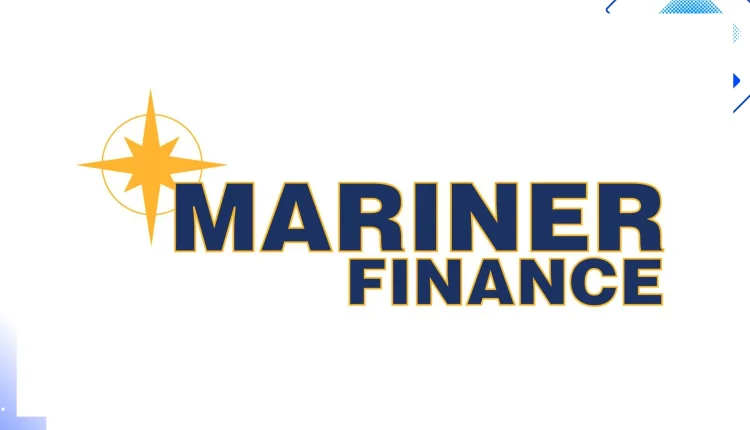Mariner Finance Personal Loans 2024: Rates, Fees and the Truth for Bad-Credit Borrowers
A clear no-nonsense breakdown of Mariner Finance personal loans in 2024, from sky-high APRs and hidden fees to steps to prequalify and lower-cost alternatives for borrowers with bad credit

How Mariner Finance Personal Loans Work
Mariner Finance personal loans are installment loans that typically range from $1,000 to $25,000 and are designed for everything from debt consolidation to unexpected medical bills. Borrowers can prequalify online with a soft credit check to see potential offers without impacting their credit score, and approved applicants can choose secured or co-signed options to improve terms.
The company reports to all three major credit bureaus, so on-time payments may help rebuild a credit score while missed payments will hurt. Mariner also provides a mobile app for account management and payment scheduling, though certain loan sizes or state rules may require an in-person visit to finalize the loan.
Rates, Fees and What It Costs
Expect high APRs: Mariner Finance personal loans commonly range roughly 15.49% to 35.99% APR, which makes interest the largest factor in total cost for longer terms. Beyond APR, Mariner can charge origination fees, one-time online or phone payment fees, late payment charges and nonsufficient funds fees, all of which raise the effective cost of borrowing.
There’s also optional credit insurance and add-ons sold at closing that increase monthly payments; always calculate the APR plus fees to understand the true annual cost. Given those fees and elevated rates, borrowers should run side-by-side comparisons with credit unions, peer-to-peer lenders and online competitors to find a lower-cost alternative when possible.
Application Steps and Eligibility
The basic process starts with prequalification on Mariner’s website where a soft pull reveals potential loan amounts, then moves to a formal application requiring a hard credit pull and documents like pay stubs, W-2s and bank statements. Typical repayment terms run from one to five years, and the company expects proof of steady income and a reasonable debt-to-income ratio, often capped near 60%.
Online applicants are often asked to have a minimum credit score around the high-500s (about 580), though in-person applications and co-signers can widen availability. State-by-state restrictions mean the product isn’t available everywhere, so check your ZIP code before investing time in a full application.
Alternatives and Final Tips for Bad-Credit Borrowers
Mariner Finance personal loans are an option when other lenders won’t approve you, but the trade-off is higher APRs and multiple fees. Compare offers from Upstart, Upgrade, Avant and local credit unions—many offer lower rates, fewer add-ons and credit-building tools that might better serve someone focused on improving their score rather than taking on expensive debt.
Before you sign, run a detailed cost comparison that includes origination and payment fees, set up autopay to avoid late charges, and limit the loan amount to what you can realistically repay. If your priority is rebuilding credit, consider a credit-builder loan or secured credit card first; if you need cash quickly, prequalify with multiple lenders to find the lowest APR and cleanest fee structure.





























